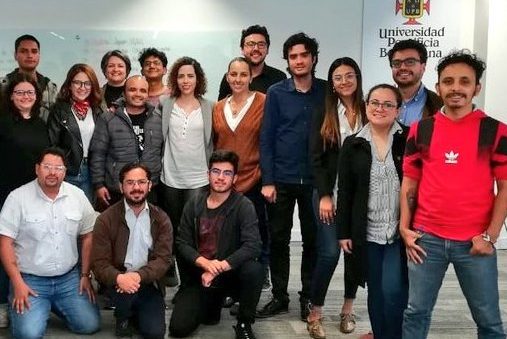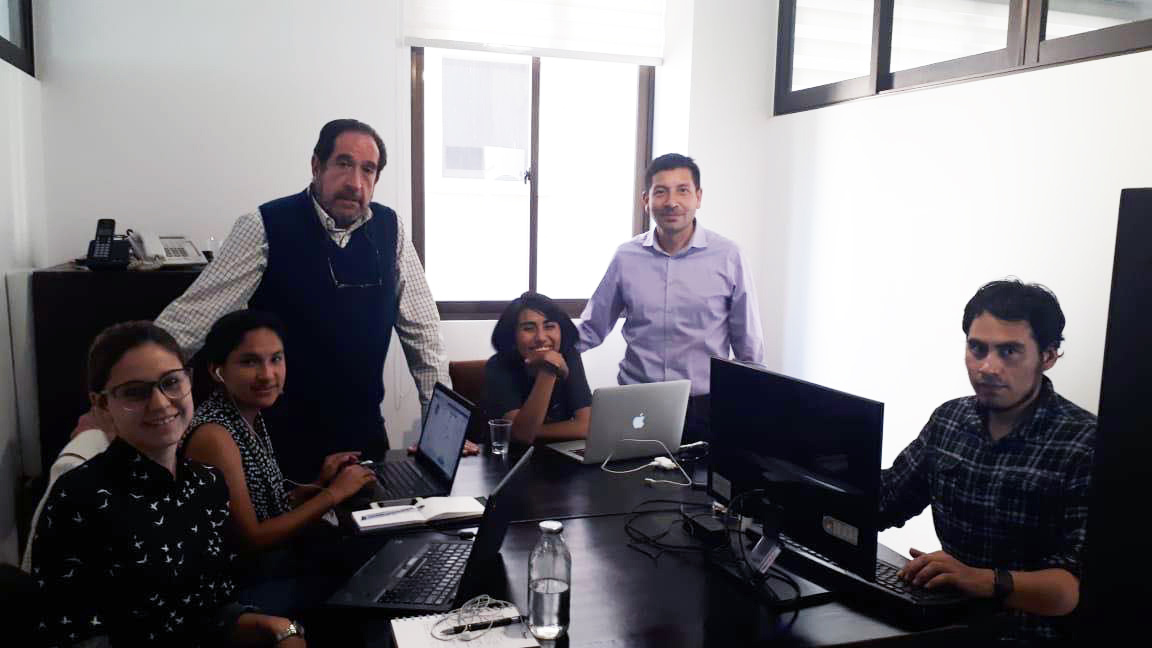
Diferentemente de outros países latino-americanos, a Colômbia não tem eleições presidenciais neste ano, mas elegerá representantes locais como governadores, prefeitos e vereadores, entre outros cargos, em 27 de outubro. Como nas eleições presidenciais, as campanhas regionais podem ser afetadas pela disseminação de informações falsas.
After Mexico and Brazil in 2018, as well as Uruguay and Bolivia in 2019, Argentina also launched a collaborative fact-checking project ahead of 2019 general elections. And with 130 participating media outlets, Argentina’s Reverso stands as the broadest alliance against disinformation ever carried out in the region.

A message allegedly written by Bolivian President Evo Morales on his Twitter account congratulating drug traffickers Joaqín ‘El Chapo’ Guzmán and Pablo Escobar on the occasion of Teacher’s Day on June 6 went viral in the country.